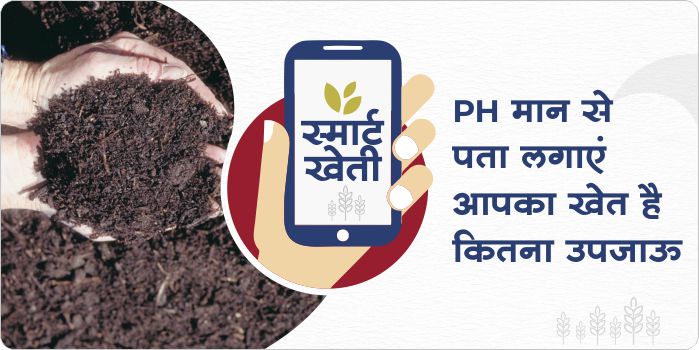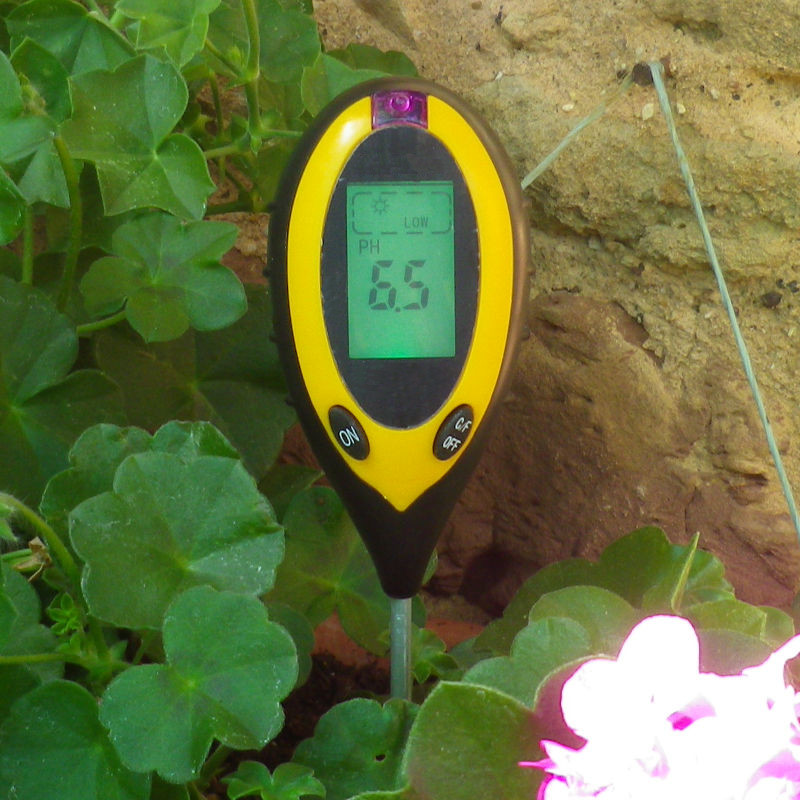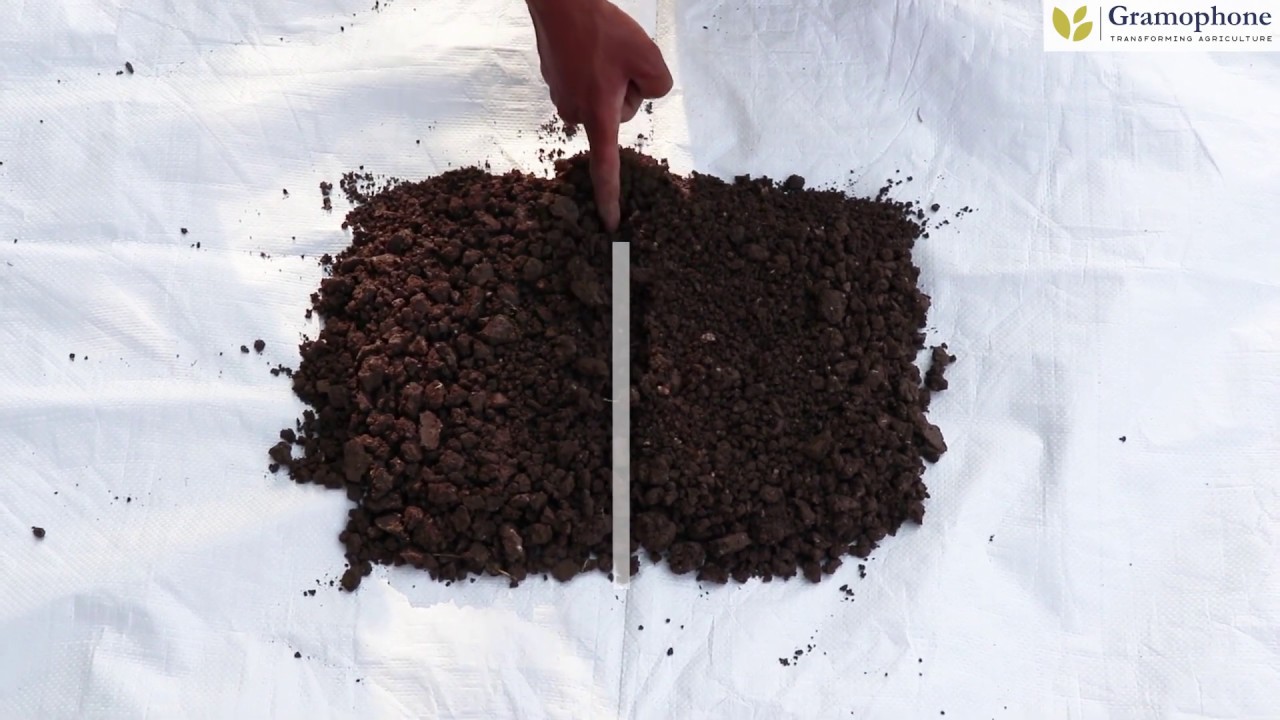-
Soil testing can detect not only the soil pH but also the electrical conductivity, organic carbon, major nutrients, and micronutrients.
-
The normal, acidic or alkaline nature of soil can be ascertained from soil pH value. Soil pH decreasing or increasing affects the growth of plants.
-
After finding out Soil pH, suitable crop varieties are recommended in problem-prone areas which can tolerate acidification and alkalinity.
-
Nutrients are most commonly received by plants between values 6.5 to 7.5 Soil pH. That is, the plant gives good yield with total growth. On the other hand, the value is less than 6.5 pH, the land is acidic and If the value exceeds 7.5 pH, the land is called alkaline.
-
Adding lime for acidic land and gypsum for alkaline land is generally recommended.
Importance of soil Ph in crop production
-
- Soil pH is known as soil acidity or alkalinity
- Soils with pH less than pH 7 are acidic and soils with pH higher than pH 7 are alkaline.
- The pH is very important for plant growth because it determines the availability of almost all essential nutritional nutrients. Ph value of the soil is between 6.5 to 7.5
- Soil pH affects the growth of the plant and the number of nutrients and chemicals that are soluble in the soil, and thus the plants do not have the required amount of nutrients.
- Due to acidic Ph (less than 5.5 pH), plant growth stops as a result of which the plant deteriorates.
- When the soil pH of a plant increases, the plant’s ability to absorb certain nutrients is impeded. As a result, some nutrients may not be absorbed properly. The high pH of the soil prevents the iron present in the soil from turning the plant into an easy form.
- lime is used to make the soil Ph less acidic. Limestone is most commonly used in agriculture. The finer the limestone particles, the faster they become effective. Different soils will require a different amount of lime to adjust the pH value of the soil.
- To make the soil Ph less alkaline, gypsum is used. Different soils will require a different amount of gypsum to adjust the pH value of the soil.
Importance of soil pH and Electrical Conductivity (EC) in soil testing
pH value of soil
- It shows the reaction of soil, whether the soil is normal, acidic, or alkaline in nature. Decreasing or increasing soil pH affects the growth of plants.
- Suitable varieties of crops are recommended in problematic areas. Which has the ability to tolerate acidification and alkalinity?
- Nutrients are most commonly received by plants between values 6.5 to 7.5. soil pH. When the value is less than 6.5 the land is acidic and if it is more than 7.5 the land is alkaline.
- Recommendation to add lime for acidic land and gypsum for alkaline soil.
Electrical conductivity
- Soil electrical conductivity (EC) is an indirect measurement that has a very deep correlation with the physical and chemical properties of soil. Soil electrical conductivity is an indication of the availability of nutrients in the soil.
- The greater concentration of salts in the soil leaves a detrimental effect on the absorption of nutrients.
- Very low electrical conductivity levels indicate low available nutrients, and very high EC levels indicate nutrient excess. Those with low EC are often found in sandy soils with low organic matter levels, while high EC levels are found in high organic soil content (more clay).
- Soil texture, salinity, and moisture are the soil properties that most affect EC levels.



